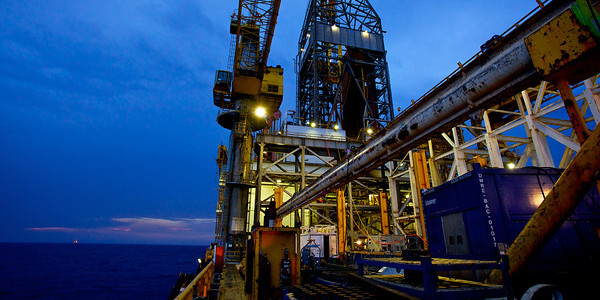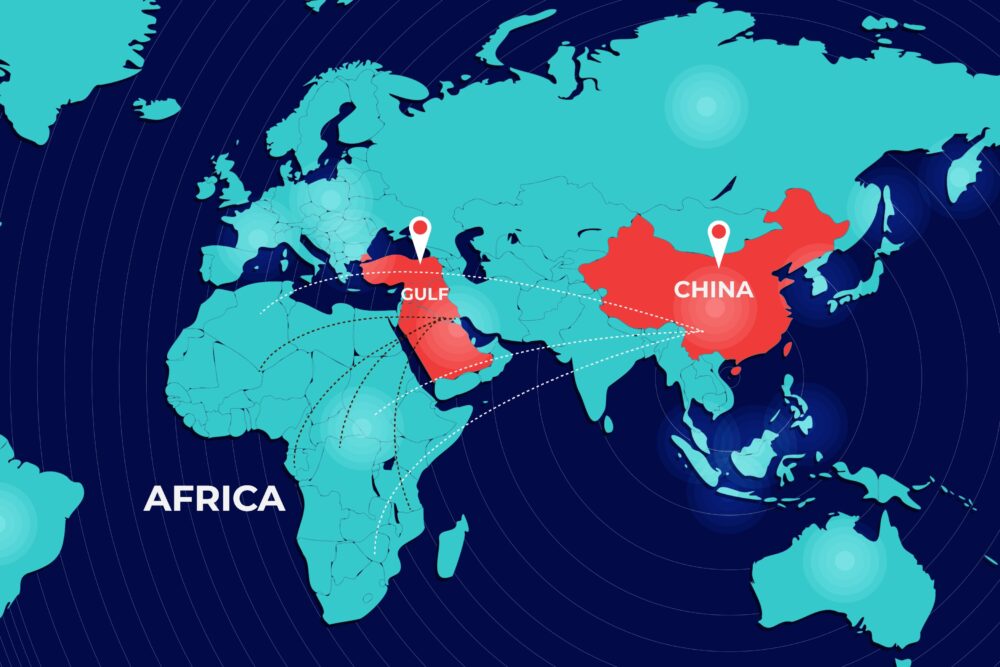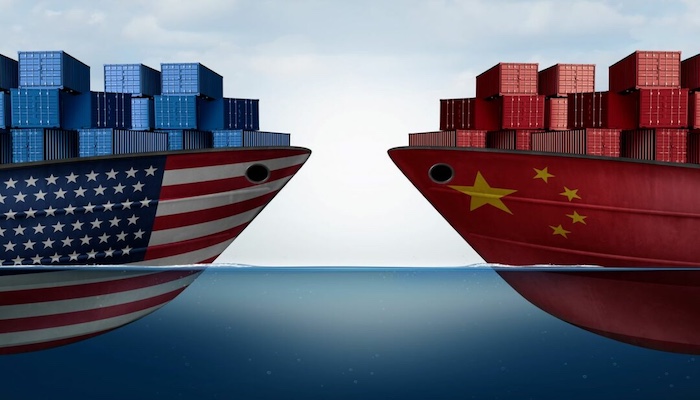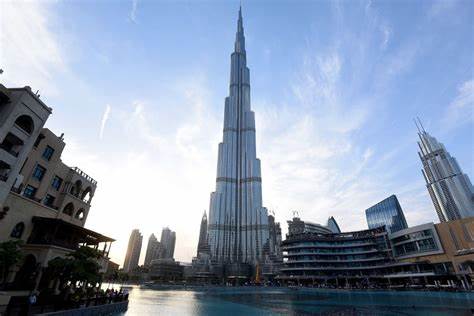
Africa’s vast natural gas reserves are key to bringing energy to Africa’s poorest countries, to a solid industrialisation process throughout the region, and significant poverty reduction.
The region is home to 33 of the world’s 46 least-developed countries (LDCs) with an average income per head of less than $1,018 a year. The continent’s poorest countries must expand at 6-7% a year if poverty is to be reduced in a big way and if the life chances of hundreds of millions of people are to be improved. To achieve this goal, these countries require abundant and cheap energy. Luckily, for many African states, the answer lies on their doorstep — natural gas. Gas has remained a niche fuel in sub-Saharan Africa — contributing only 5% of the total energy mix against a global average of 20-25% — but its potential is enormous.
A new vision for Africa is required — a crisscrossing network of natural gas pipelines that brings energy to all corners of the region. The continent’s contribution to global greenhouse gas emissions is tiny and will only become slightly bigger if the region’s natural gas reserves are exploited. There is also a massive opportunity to wean poor Africans away from the use of biomass fuel and to help protect the region’s forests through the rollout of small, liquified petroleum gas (LPG) stoves. Climate change is an issue in Africa but poverty reduction is a bigger one. Poverty is the biggest killer in Africa today.
Source: Namibia Economist








